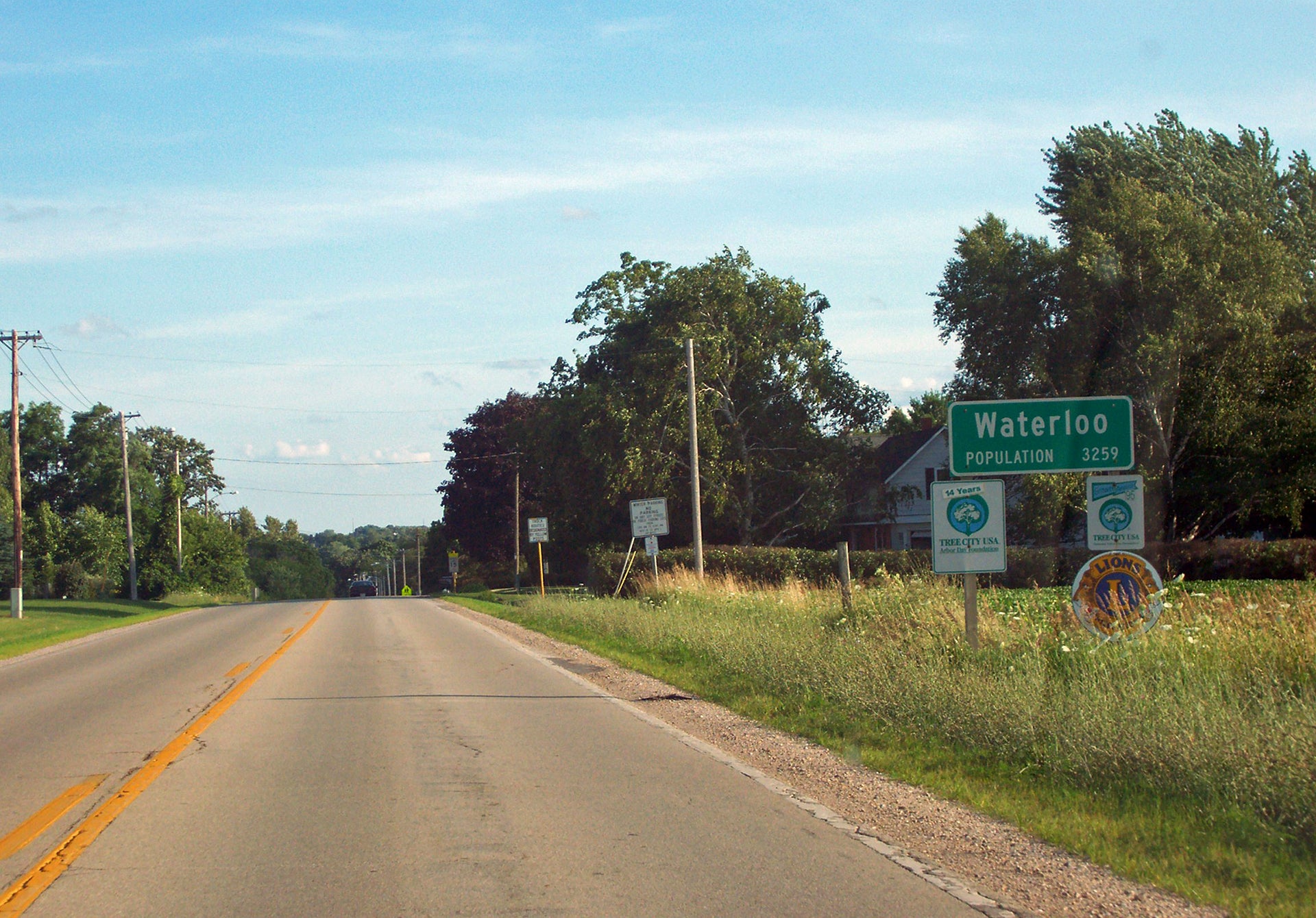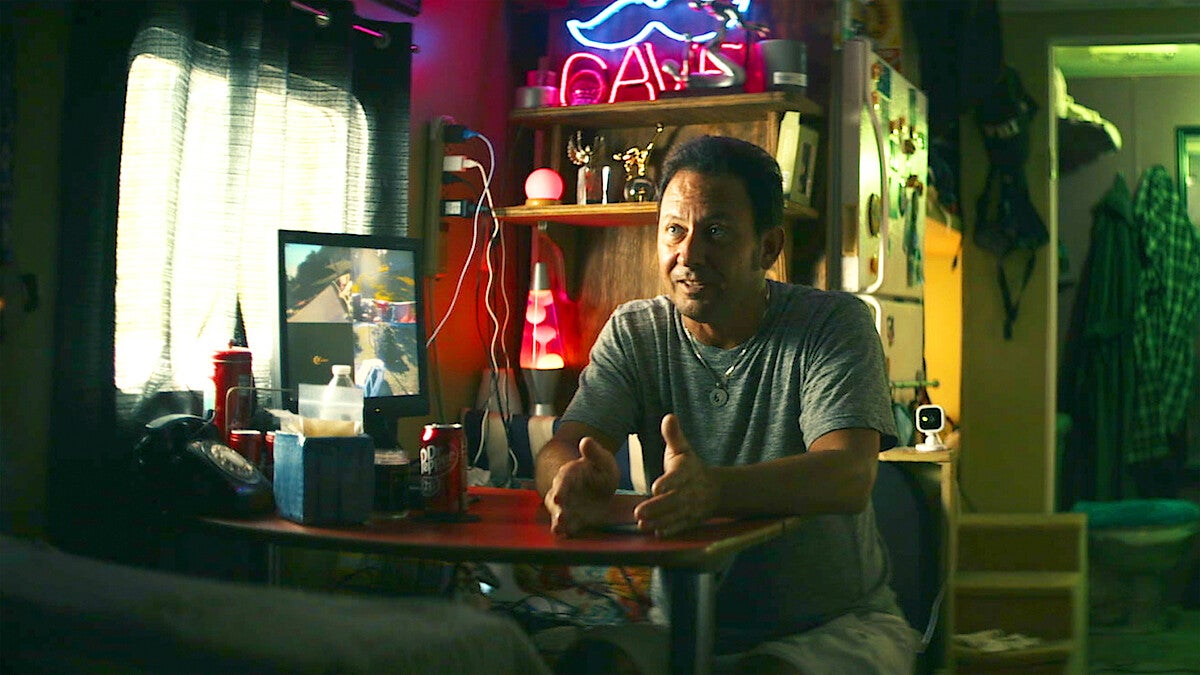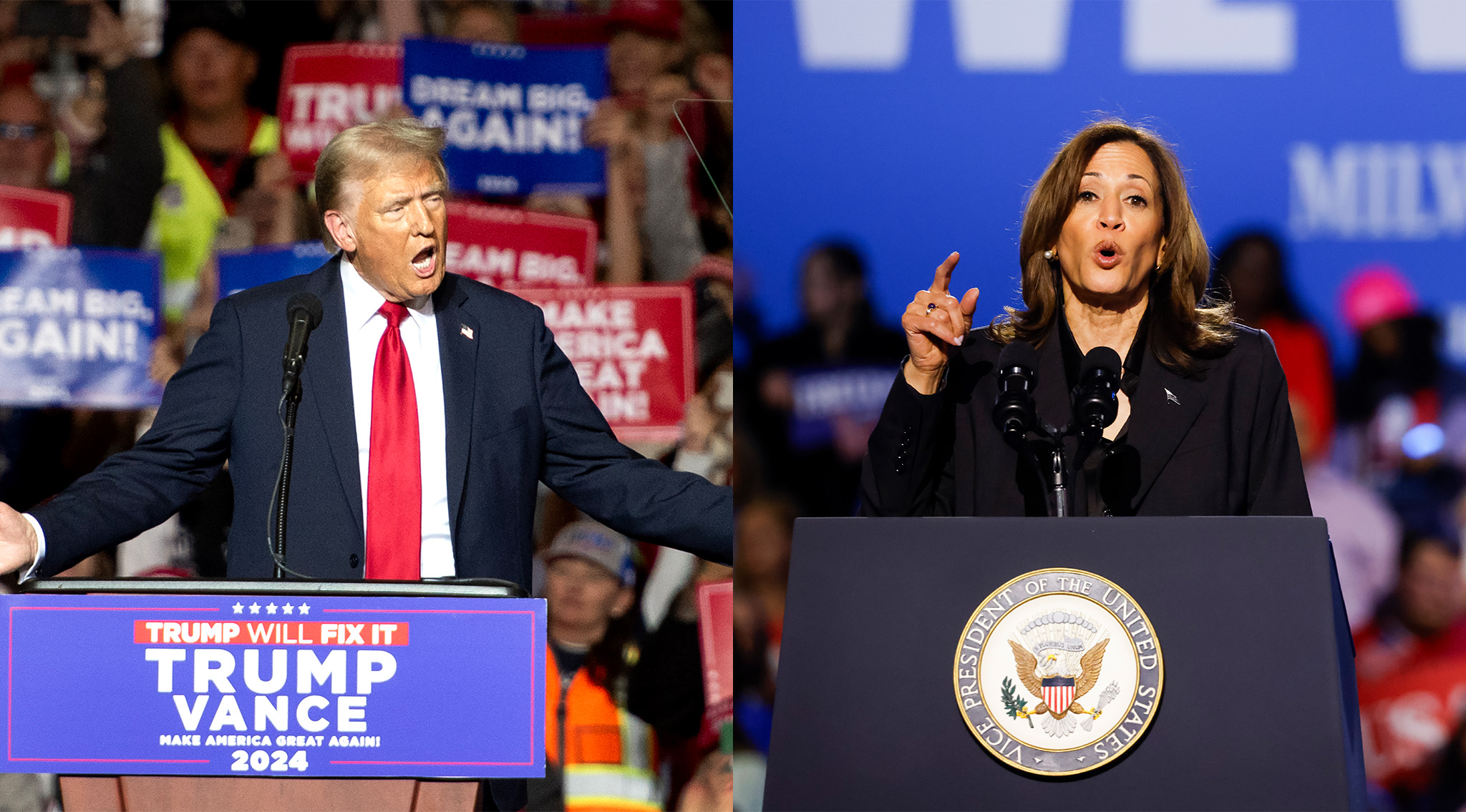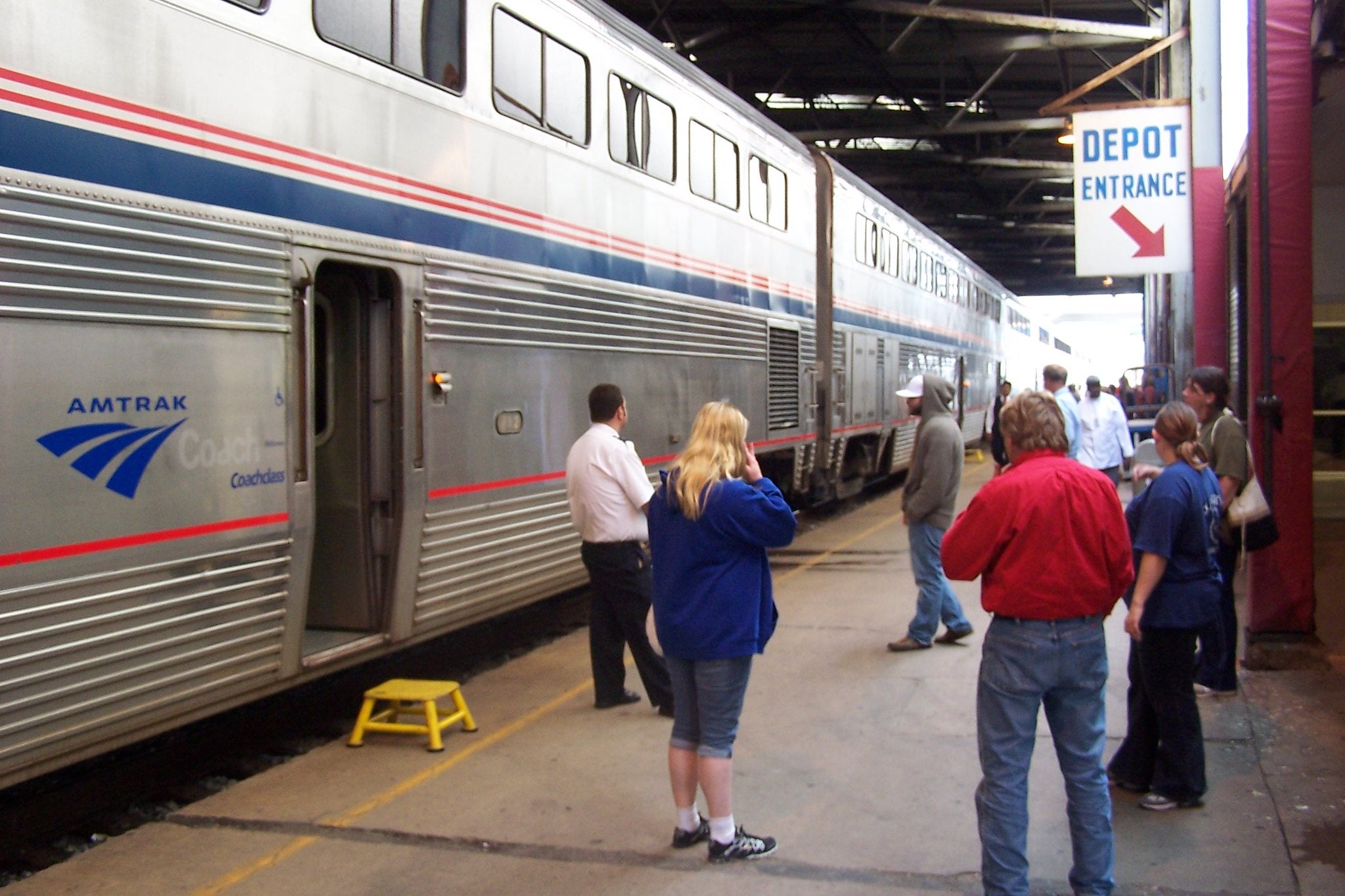Andy Jorgensen was a Democratic state representative in Wisconsin back when the state was awarded $810 million for a high-speed rail line between Madison and Milwaukee. The district he represented included Waterloo — a city in Jefferson County, about 30 miles east of Madison. On the line between Madison and Milwaukee, the train would have run right through Waterloo.
While the train debate was in full gear, Jorgensen regularly attended listening sessions where his constituents would voice their thoughts on the high-speed rail line. At the beginning, a lot of those comments were negative, but Jorgensen says he worked hard to lay out what he thought the rail line could do for Waterloo.
In the making of WPR’s “Derailed,” co-hosts Bridgit Bowden and Shawn Johnson talked to Jorgensen — who now hosts a radio show “Stuck In The Middle With Andy Jorgensen” on WFAW — about his experience in the state Legislature fighting for high-speed rail.
Stay informed on the latest news
Sign up for WPR’s email newsletter.
This interview has been edited for brevity and clarity.

Former Democratic Rep. Andy Jorgensen. WisPolitics.com (CC BY)
Shawn Johnson: So how was (the high-speed rail line) received at first?
Andy Jorgensen: Well it wasn’t received well. The people in Waterloo almost immediately were against it.
The same phrases would come up over and over again: “No one is going to ride this train” and “You’ll be able to count the heads on one hand.”
Another thing I would hear over and over again was, “Where will it drop you off when it takes you to Milwaukee? Is it going to drop you off in a corn field? Then how are you going to get to where you need to go after that?” And people who didn’t want this would refer to it in the same way.
They would call it Gov. Doyle’s “choo choo train.” And it didn’t take long for me to figure out why everyone was parroting the same thing … they were getting their talking points from a radio talk show host in Milwaukee, Charlie Sykes.
But here is what happened along the way … as I was listening to the people of Waterloo, as I was attending these meetings quite regularly, I would take them away from the crowd and I would talk to them one-on-one and I would ask them, “What if, just what if it would stop here?” Well that made them pause. And they would then go, “Well that wouldn’t be bad.” And that changed everything. And that’s what, as a legislator, I did.
We had a budget coming up and in that budget I put a provision in there that said that we would begin the studies … and the cost analysis and start planning where the depot would go in Waterloo for that train to stop there.
I put it this way … the people of Waterloo felt like there was a party that was going to go on in their house, but they weren’t invited. And so when I put that in the budget, that gave them hope and it did change things. At least for me and what I was hearing as a legislator.
SJ: How do you get something into the budget like that? Or like what leverage did you have? What did you tell leadership?
AJ: Well I come from what was then a swing district, which meant that it could have gone either way, Republican or Democrat. So as a legislator, during the budget, you bring your concerns to leadership. They consider them and you put that sort of priority list and that’s what I did and this was high on my list. And you have to explain exactly what’s going on and I did. That this was part of high-speed rail and I just wanted to see if it was going to work, having a depot in Waterloo and see if we couldn’t make it work.
So it was a perfect opportunity as a legislator to put this in the budget and everyone has to vote on it and we did and it passed — not only my house but the senate as well.
But then it needs to get signed into law by (Gov. Jim Doyle), he needs to sign the budget. And he did not. He crossed this part of it out.
SJ: So after the veto did the mood sour in your district?
AJ: Oh yeah. It was, as you can imagine, it was a let down for not only me but for the community. Because they all knew that I was attempting to do this and that gives them hope too when it passes both houses.
So it was an unfortunate thing for me because it made a lot of sense. It would have given the community a lot of hope and it probably would have helped with the momentum … This was a political football and this would have helped I think at the end of the day in making it successful.
SJ: And I just want a little more context on this too. Why did Charlie Sykes kind of hold sway in your district?
AJ: Well Charlie Sykes as a radio announcer he had a lot of power. He just did. As a legislator, this is, let me give you an example of just how much power. We would take a vote let’s say on Tuesday and then Wednesday would get here and he’s on in the morning. He’d have a show on what we just voted on, and then we’d meet after the show in the afternoon in the assembly and there would be legislators that would then request that their vote get changed because of the show he had just had and the criticism he gave on how they voted.
And that was amazing to me. So that’s just one example of how much power, as a radio announcer, this guy had.
SJ: What do you think about him now … he’s kind of a champion voice on MSNBC.
AJ: It’s hard for me to take. I watch him and I have to squint my eyes and shake my head and sometimes can’t believe what I’m seeing. It’s a shock.
That this is the guy who in my mind can take a lot of credit for shooting down us having high-speed rail in Wisconsin and now he’s like on the other side of things.
This is part of WPR’s “Derailed,” a limited-run podcast about Wisconsin’s high-speed rail line that never was. It’s a look at how the project came together, how it fell apart, and what it says about how Wisconsin has changed. Never miss an episode by subscribing now on your favorite podcast app or at wpr.org/derailed.
Wisconsin Public Radio, © Copyright 2025, Board of Regents of the University of Wisconsin System and Wisconsin Educational Communications Board.





